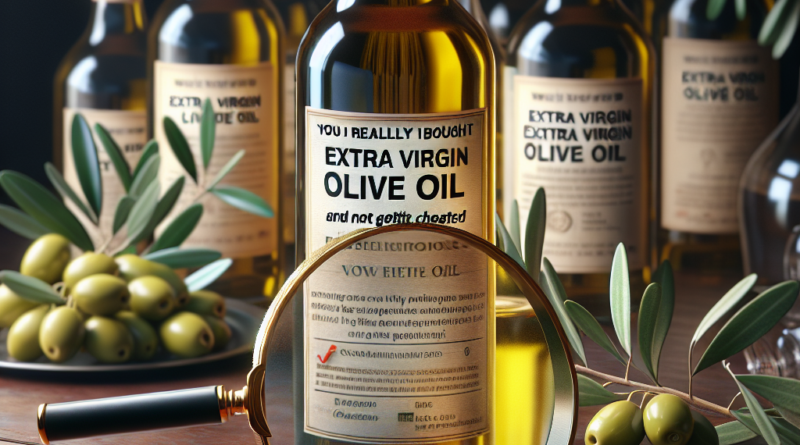The Secret to Ensuring You’ve Truly Purchased Extra Virgin Olive Oil Without Getting Swindled
Italy’s Olive Oil Excellence
Italy stands as one of the world’s largest producers of extra virgin olive oil, a true hallmark of our territory and the Mediterranean diet.
Renowned globally for its antioxidant and anti-inflammatory properties, olive oil is widely recommended by medical professionals for consumption.
Challenges Facing Olive Production
Unfortunately, in recent years, olive groves have faced numerous challenges.
Take, for instance, Xylella, one of the most dangerous plant bacteria worldwide, which has devastated harvests in areas like Puglia.
Moreover, climate change is further straining olive cultivation.
Leading countries such as Spain and Greece have seen their production halved in recent years.
This decline has significantly impacted the price of genuine extra virgin olive oil, which experienced increases of up to 50% as of early 2024, with prices soaring from €4 per bottle to at least €9-10.
Beware of Olive Oil Fraud
With reduced production against a backdrop of rising demand, the risk of olive oil fraud has escalated.
Many bottles sold as extra virgin oil actually do not meet the required standards.
In fact, more than half of the olive oil labeled as extra virgin fails to be such.
How to Identify Genuine Extra Virgin Olive Oil
There are several ways to verify if the olive oil you’ve purchased is genuinely extra virgin, as claimed on the label.
One simple method is to place the oil in the refrigerator for 24 hours.
If it thickens and solidifies, it is likely extra virgin.
If it remains unchanged, additives may be present.
True extra virgin olive oil comes from olives that are not treated with chemicals, pesticides, or fertilizers, and is produced solely through mechanical processes.
Additional Quality Tests
Other methods to assess the quality of your olive oil include:
- Fluidity Test: Pour a tablespoon of oil into a glass and shake it.
High-quality olive oil has medium-low fluidity; excessive fluidity may indicate inferior quality. - Smell: After shaking and warming the oil, inhale its aroma.
If you detect scents of olive, herbs, fruit, or vegetables, it’s likely good quality. - Taste: A quality oil should have a slightly bitter and peppery taste.
If you notice these characteristics, you are likely enjoying a high-quality extra virgin olive oil.
For more insights on the olive oil industry, check out this article discussing the recent price hikes.



